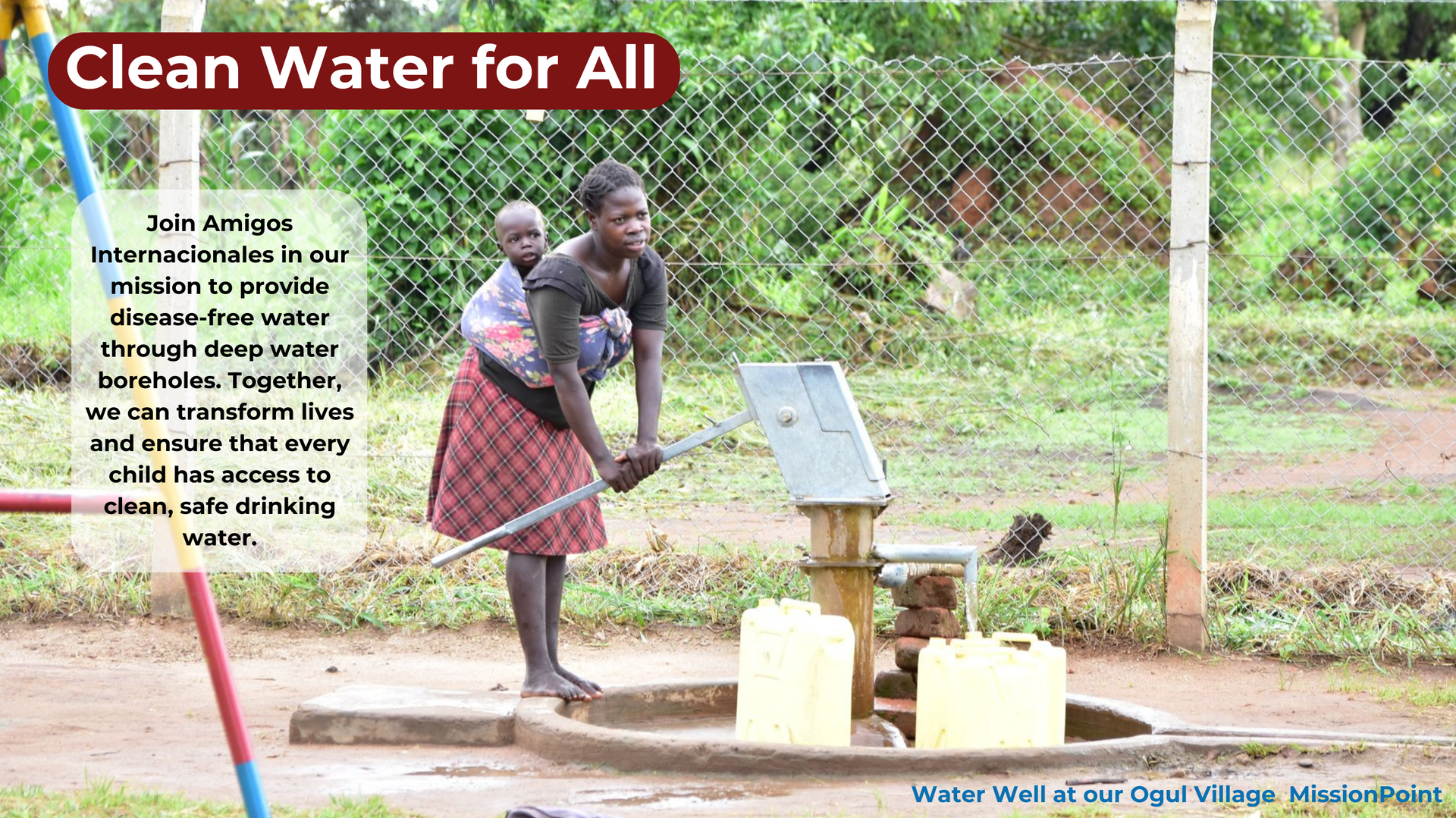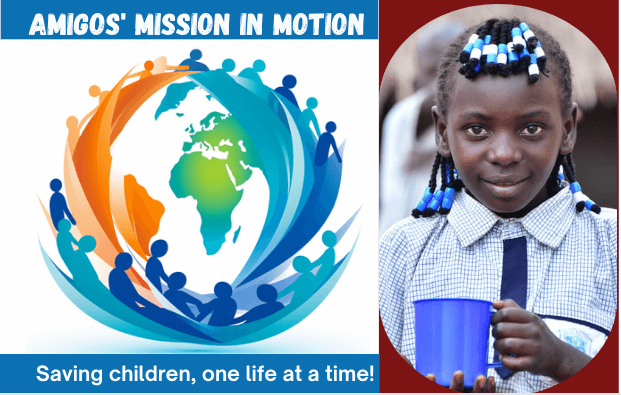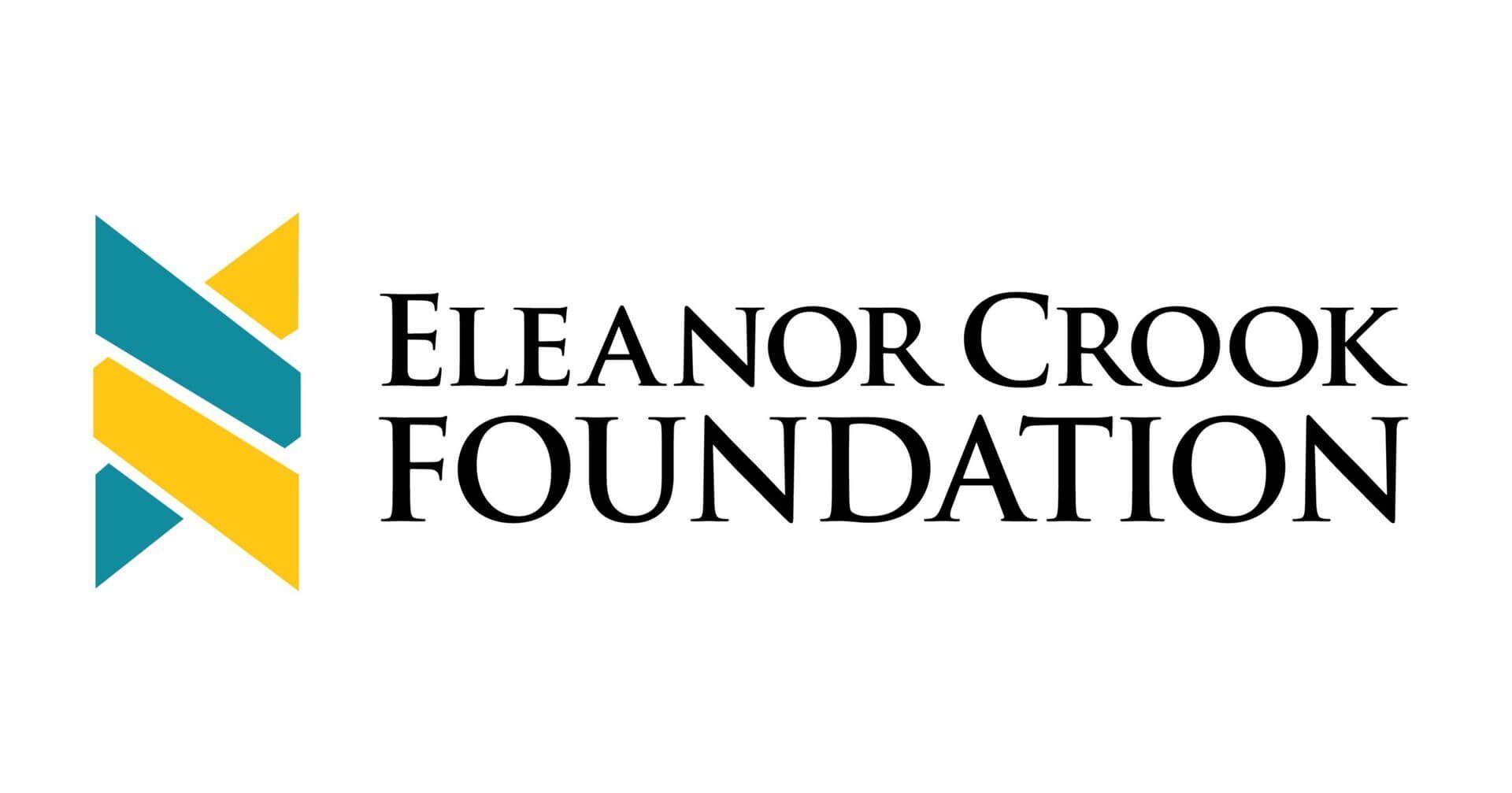Global charity plays a critical role in shaping the community development landscape in Uganda and Tanzania. This blog will explore the various dimensions of how global charitable activities influence local development, from improving education and health care to fostering economic opportunities. Let's dive into the specifics of this impactful relationship.
Understanding Global Charity
Global charity refers to the various initiatives and programs aimed at providing aid and support to communities in need across the globe. This concept encompasses a wide range of activities, from providing food and medical assistance to offering educational resources and economic development opportunities.
The role of global charity has become increasingly important as we work towards addressing the significant challenges faced by underdeveloped regions. In countries like Uganda and Tanzania, where many individuals struggle with poverty, such initiatives are crucial in helping to improve the overall quality of life. The positive impact of these charities extends beyond mere relief; they also focus on long-term sustainable development.
Moreover, global charity helps to foster a sense of community and solidarity among different cultures. By engaging local communities in various programs, these organizations not only provide direct assistance but also promote the sharing of knowledge and skills, ultimately creating a more empowered populace.
Key Areas of Impact in Uganda
In Uganda, global charity initiatives have made remarkable strides in several key areas. Education is one of the foremost sectors positively impacted, with numerous charities working to improve access to quality education for children. By providing scholarships, building schools, and supplying learning materials, charities are enabling bright futures for many students.
Health care is another critical focus area. Global charity organizations are on the ground delivering essential medical services, vaccinations, and health education programs. These initiatives are vital in combating diseases that disproportionately affect low-income communities. Importantly, they also raise awareness about preventive measures, further contributing to healthier populations.
Economic development forms a cornerstone of community enhancement in Uganda as well. Global charity has supported small businesses and agriculture projects through microfinance and training programs. By fostering entrepreneurship and self-sufficiency, these initiatives help create jobs and stimulate local economies, breaking the cycle of poverty.
Ultimately, these concerted efforts by global charities are transforming Uganda's community landscape, providing individuals the tools and resources they need to thrive.
Key Areas of Impact in Tanzania
Tanzania, much like Uganda, has seen significant benefits from global charity initiatives. One cannot overlook the pressing issue of water and sanitation—a vital aspect of health and well-being. Charities focused on this area have worked to provide clean drinking water and proper sanitation facilities, drastically reducing waterborne diseases and improving the overall health of communities.
In addition to health improvements, primary education initiatives have borne fruit. Global charity has been instrumental in constructing schools in rural areas where educational resources are minimal. These new institutions not only serve as places of learning but also as centers of hope and opportunity for many children and their families.
Furthermore, Tanzania has keenly embraced agricultural development programs supported by global charity. By introducing sustainable farming practices and providing farmers with the necessary tools and knowledge, charities are enhancing food security and promoting economic resilience in farming communities.
Thus, global charity plays an indispensable role in advancing both health and education sectors as well as bolstering the economy. The collective impact of these initiatives underscores the immense potential for positive change in Tanzania.
Case Studies of Successful Initiatives
Examining specific case studies can illustrate the profound effects of global charity in Uganda and Tanzania. For instance, one successful initiative in Uganda is the 'Educate a Child' program. This program has led to the construction of numerous classrooms, significantly increasing enrollment rates and scholastic performance among underprivileged children.
Another notable project is the 'Safe Water Program' in Tanzania. This project has successfully installed over 100 boreholes in rural communities, providing access to clean water for thousands of individuals. The health improvements resulting from this initiative have been staggering, showcasing the critical intersection of global charity and community development.
These examples highlight not only the efficacy of global charity but also the importance of targeted projects that align with the needs of local communities. When charities work closely with community leaders, they ensure that the initiatives implemented are relevant and impactful.
Challenges Faced by Charities
While the positive impacts of global charity are significant, they do not come without challenges. One major hurdle is the limited funding many organizations face. The competition for financial resources can be fierce, and without adequate support, charities may struggle to scale their initiatives or even maintain existing programs.
Moreover, cultural misunderstandings can pose barriers to effective implementation. It is imperative for global charities to adopt a culturally sensitive approach while designing and executing programs. Engaging local communities in the planning process can mitigate potential issues and ensure that initiatives resonate with those they aim to help.
Additionally, political instability in regions like Uganda and Tanzania can disrupt charitable activities. Changing policies and regulations may hinder the operational efficiency of charities and impact their overall effectiveness.
The Future of Global Charity in the Region
Looking ahead, the future of global charity in Uganda and Tanzania holds both promise and challenges. As more organizations recognize the value of collaboration, partnerships among local, national, and global entities are likely to grow. This collaborative mindset can drive sustainable solutions that empower communities to take charge of their development.
With the integration of technology in charitable efforts, initiatives can become more efficient and effective. For example, online funding platforms have opened new avenues for resource mobilization, allowing charities to reach out to a broader audience and garner support from around the world.
Finally, it is vital that global charity continues to adapt to the evolving needs of communities. Engaging in regular assessments and being responsive to feedback will facilitate ongoing improvements and ensure that charitable efforts remain relevant and impactful.
Wrapping Up the Impact of Global Charity
In summary, global charity significantly contributes to community development in Uganda and Tanzania by addressing critical issues such as education, health, and economic growth. The ongoing support from international organizations not only uplifts local communities but also fosters sustainable development that empowers individuals and promotes long-term progress.
Categories





Social Media





























